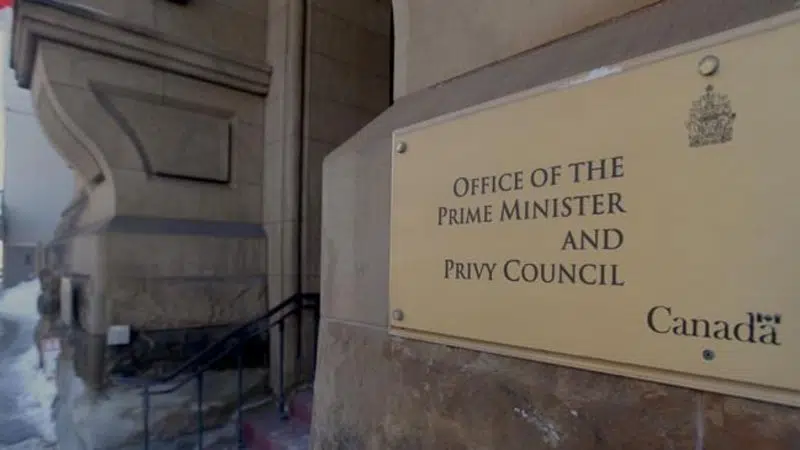
DPAs: Meet the legal tool central to the Prime Minister’s Office controversy
OTTAWA — Engineering and construction giant SNC-Lavalin sought to be the first firm to avoid criminal proceedings by negotiating a “remediation agreement” — using a new legal tool that either spares innocents from being punished for the corporate misdeeds of others or lets the biggest companies off the hook when they’ve acted illegally, depending whom you ask.
Its efforts have led to a scandal that’s led to the resignation of a government minister and Prime Minister Justin Trudeau’s most trusted aide.
The Montreal-based engineering firm faces legal trouble over allegations it paid millions of dollars in bribes to get government business in Libya, which would be a crime under Canadian law.


